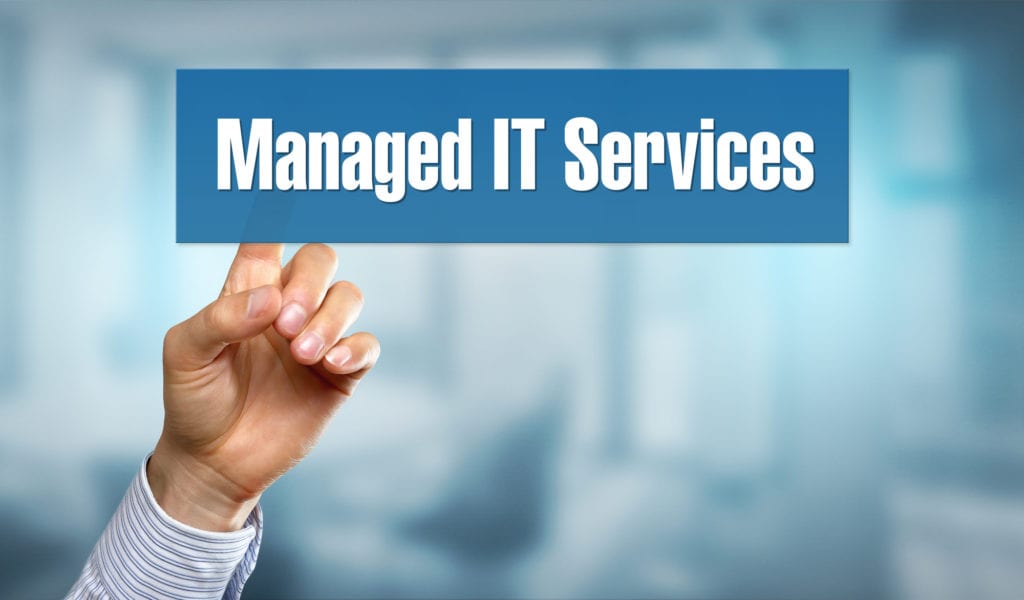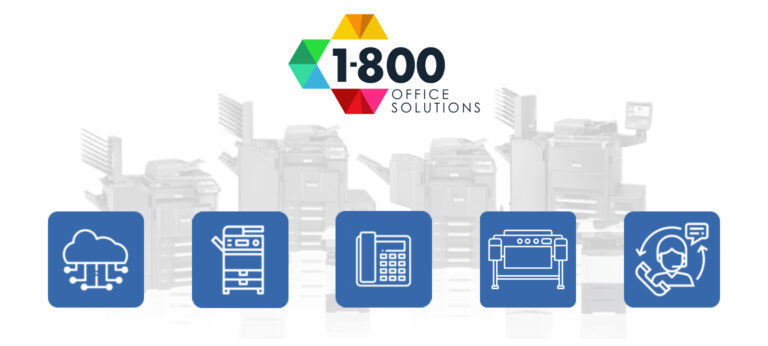IT Manager Services – Daily Tasks Explained
Introduction
Background of IT Management
In the modern world, IT Management is a critical component that drives the success of organizations. It involves the use of technology and processes to manage, control, and optimize the IT resources in an organization. The history of IT management can be traced back to the early days of computing, but it has evolved significantly with the advent of new technologies such as cloud computing, service management, and ITIL (Information Technology Infrastructure Library) frameworks.
Importance of IT Managers in an Organization
IT Managers play a pivotal role in ensuring that an organization’s technology infrastructure runs efficiently and aligns with the business goals. They are responsible for the delivery of IT services, handling IT budget, maintenance, and ensuring the security of data. With the increasing reliance on technology, the responsibility of IT Managers has expanded to include ensuring reliable and efficient service delivery, managing customer relations, and providing strategic insights. A competent IT Manager is beneficial in:
- Ensuring smooth operation and maintenance of IT equipment and applications.
- Monitoring and managing security risks.
- Facilitating communication between the IT department and other business units.
- Managing IT staff and overseeing their performance.
- Ensuring compliance with legal and regulatory standards.
In-depth look at IT Manager Responsibilities
Roles and Responsibilities of an IT Service Manager
Conducting Routine Evaluations of Network and Data Security source
Network and data security are paramount in any organization. IT Managers are responsible for:
- Regularly assessing the security measures in place.
- Identifying vulnerabilities and implementing countermeasures.
- Ensuring compliance with data protection laws.
- Educating staff on security best practices.
Enhancing and Updating Software and Systems source
Keeping software and systems up-to-date is crucial for efficiency and security. Responsibilities include:
- Regularly reviewing and updating software applications.
- Ensuring compatibility with existing systems.
- Implementing new technologies for optimization.
Creating and Implementing IT Policies and Best Practices source
IT Managers define and implement policies and best practices to guide the use and management of IT resources. This includes:
- Developing and enforcing IT policies.
- Establishing best practices for IT usage and security.
- Ensuring compliance with external regulations and standards.
Comprehensive Guide on IT Manager Duties
Managing Information Technology and Computer Systems source
IT Managers oversee the organization’s technology assets and ensure they are used efficiently. Responsibilities include:
- Managing the deployment, monitoring, maintenance, and support of all IT systems.
- Working with the executive team to align IT systems with business goals.
- Managing IT staff and vendors.
Controlling and Evaluating IT and Electronic Data Operations source
Controlling and evaluating IT operations is crucial for ensuring the reliability and efficiency of IT services. IT Managers are tasked with:
- Monitoring the performance of IT systems.
- Evaluating the effectiveness of data operations.
- Implementing changes to improve efficiency and reduce costs.
Overseeing Major IT Projects source
Project management is a key aspect of an IT Manager’s role. They are responsible for:
- Defining the scope and objectives of IT projects.
- Managing project timelines and budgets.
- Coordinating teams and resources to ensure successful project completion.
Managing and Reporting on Allocation of IT Resources source
Effective resource management is essential for the smooth running of IT operations. IT Managers:
- Allocate resources based on project requirements.
- Monitor resource utilization.
- Report on resource allocation and utilization to upper management.
Recruiting, Training, and Managing IT Staff source
Human resources are vital in IT management. IT Managers handle:
- Recruiting and hiring IT staff.
- Training staff in new technologies and procedures.
- Managing staff performance and development.
A Day in the Life of an IT Manager
Starting the Day: Monitoring Systems and Networks source
An IT Manager’s day often starts with checking the health of the IT systems. This involves:
- Monitoring system performance and ensuring all components are functional.
- Reviewing reports on network traffic, server load, and other performance indicators.
- Addressing any issues that have arisen overnight.
Managing Backup, Security, and User Help Systems source
Throughout the day, IT Managers are involved in:
- Ensuring data backups are performed regularly.
- Managing security systems to protect against threats.
- Overseeing the user helpdesk and ensuring support tickets are resolved promptly.
Directing Daily Operations and Analyzing Workflow source
IT Managers also focus on the daily operations of the IT department:
- Directing the activities of the IT department and ensuring tasks are completed.
- Analyzing workflow processes and making improvements.
- Communicating with other departments to facilitate IT-related needs.
Implementing Solutions and Upgrades source
Lastly, IT Managers are responsible for implementing new solutions and upgrades:
- Analyzing the need for new solutions or upgrades.
- Implementing new systems or upgrades.
- Training staff on new systems and ensuring a smooth transition.
A Day in the Life of an IT Manager
IT Managers play a critical role in the success of an organization. Their responsibilities are vast and varied, including everything from monitoring systems and managing staff to ensuring the security of the company’s data. The role of an IT Manager is ever-evolving, and staying abreast of new technologies and best practices is essential. Through effective management, IT Managers facilitate the smooth running of an organization’s IT infrastructure, contributing to its overall success.
Advanced IT Manager Responsibilities and Skills
Strategic Planning for IT Infrastructure
Strategic planning is essential for the long-term success of an organization’s IT infrastructure. IT Managers play a critical role in:
- Assessing current technology and identifying areas for improvement.
- Developing a roadmap for upgrading and expanding the IT infrastructure.
- Aligning IT strategy with the organization’s goals and requirements.
- Evaluating and implementing cloud solutions.
- Managing the IT budget and ensuring cost-effectiveness.
Ensuring Compliance with Legal and Regulatory Standards
Compliance is a key responsibility for IT Managers. They must ensure that the organization’s IT practices adhere to legal and regulatory standards. This includes:
- Keeping abreast of relevant laws and regulations.
- Implementing policies and procedures to ensure compliance.
- Regularly reviewing and auditing IT practices.
- Ensuring data privacy and security standards are met.
Crisis Management and Disaster Recovery Planning
Being prepared for crises and disasters is crucial. IT Managers are responsible for:
- Developing and implementing disaster recovery plans.
- Ensuring regular backups of data and systems.
- Training staff in crisis management procedures.
- Coordinating responses to IT incidents and outages.
Conclusion
The Evolving Role of IT Managers
The role of IT Managers is constantly evolving due to technological advancements and changing business needs. They must stay abreast of the latest trends and technologies, and be adaptable to change. Their role has expanded beyond just managing technology, to include strategic planning, compliance management, and business alignment.
The Impact of IT Managers on Organizational Success
IT Managers have a significant impact on the success of an organization. Through effective management of IT resources, ensuring security, and strategic planning, they facilitate the achievement of organizational goals. Their ability to communicate effectively with various departments and provide guidance in IT matters is crucial for the organization’s overall efficiency and success.
In an era where technology is integral to almost every aspect of a business, the role of the IT Manager is more important than ever. They not only ensure the smooth running of IT operations but are instrumental in shaping the organization’s future through technologyimplementation and innovation. Their responsibility extends to ensuring that the organization’s IT infrastructure is reliable, efficient, and secure, which in turn supports the organization’s ability to serve its customers effectively.
Moreover, IT Managers are often at the forefront of implementing new technologies that can provide a competitive edge. Whether it’s migrating to the cloud, ensuring cybersecurity, or implementing new software solutions, the IT Manager is central to these initiatives.
Furthermore, IT Managers play a crucial role in crisis management. They are often the ones who will facilitate the recovery of IT systems and data in the event of a disaster. Their ability to act swiftly and efficiently is crucial in minimizing downtime and mitigating losses.
In conclusion, IT Managers are indispensable in bridging the gap between complex technology and the practical needs of the organization. Their technical expertise combined with managerial skills ensures that the organization can thrive in an ever-evolving technological landscape. The service delivery, communication, and strategic insight provided by IT Managers are foundational to organizational success.
FAQs
What are the roles and responsibilities of an IT manager?
An IT Manager is responsible for overseeing and ensuring the efficient and secure operation of an organization’s IT infrastructure. This includes:
Managing IT staff.
Overseeing IT projects.
Ensuring network and data security.
Developing and implementing IT policies.
Managing the IT budget.
Ensuring compliance with legal and regulatory standards.
What are the day-to-day activities of an IT specialist?
An IT specialist’s day-to-day activities vary but generally include:
Providing technical support to users.
Managing and monitoring network operations.
Installing and configuring software and hardware.
Troubleshooting technical issues.
Assisting in IT projects and implementations.
What does an IT manager do on a daily basis?
On a daily basis, an IT Manager:
Monitors the IT infrastructure.
Manages IT staff and oversees their tasks.
Develops and implements IT policies.
Ensures network and data security.
Coordinates IT projects.
Communicates with other departments regarding IT needs.
What are the skills required for an IT manager?
An IT Manager should possess a wide range of skills including:
Strong technical knowledge.
Excellent communication skills.
Leadership and managerial skills.
Problem-solving abilities.
Knowledge of IT compliance and security.
Budget management skills.
Ability to manage multiple projects.












